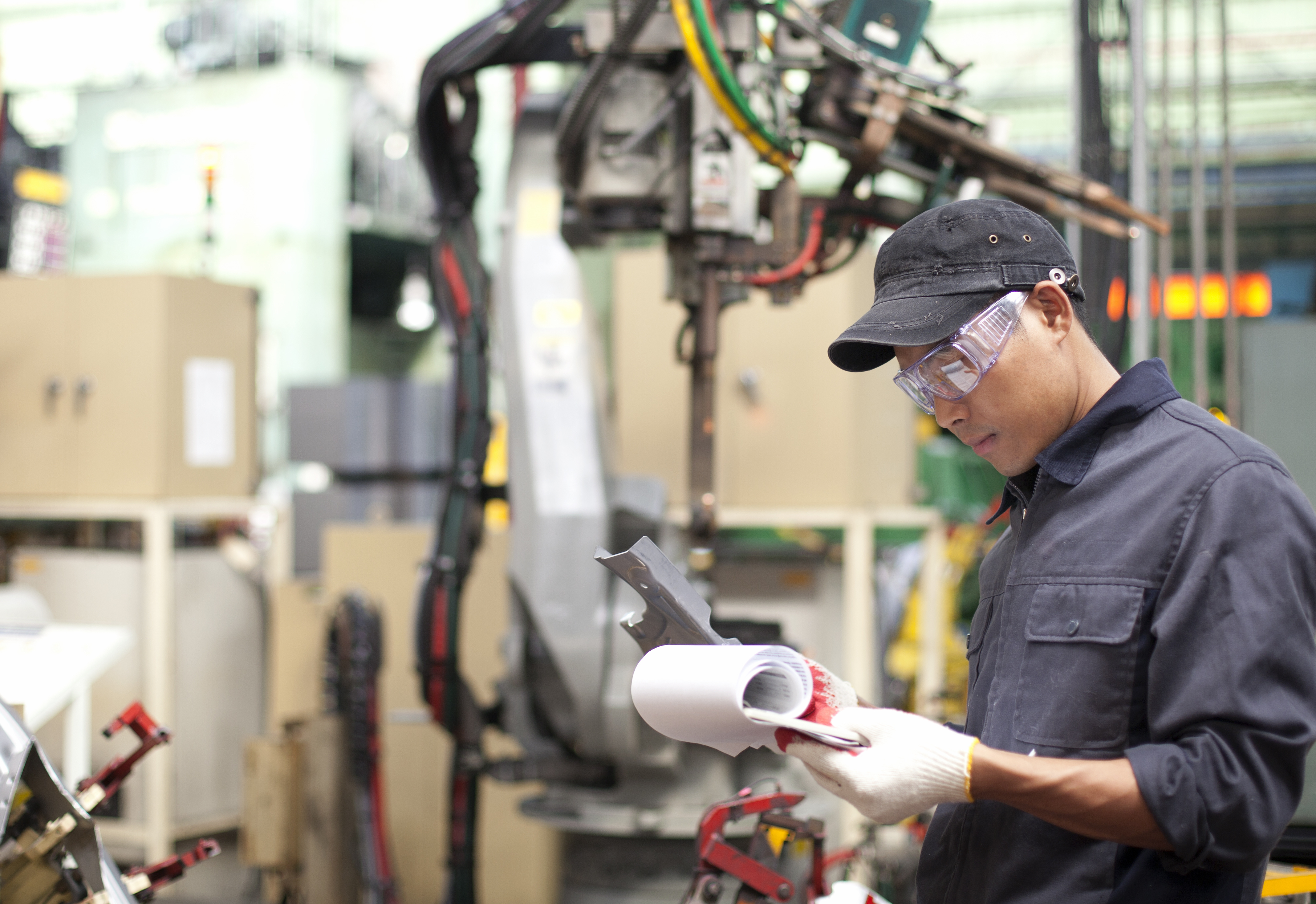
The Factored Quality Guide to Supplier Audits
In Part 2, we get into the weeds of supplier audits.

In Part 1, we unpack the ins and outs of product development, including testing and compliance.
Any consumer brand will know navigating from product development to warehouse inventory audits is a highly specific process.
Fortunately, at Factored Quality, we’re experts on all aspects of audits that founders and startup operations teams don’t have the capacity to worry about. And we’re going to outline all of them in this series.
In Part 1, we unpack the ins and outs of product testing and compliance.
Let’s dive in.
Let’s start with some definitions.
Testing for compliance is one of the most basic types of testing. Here are two others that are equally important for consumer brands:
Performance testing measures the durability, speed, or stability of a product. These mechanical or manual tests mimic the real-time usage and conditions in which the products will be used — in order to preemptively discover any issues or bottlenecks.
This sort of testing should occur during the development phase when you can still make changes to the product without harming your production timeline or spending extra cash.
As a subset of performance testing, reliability testing puts products through specific environmental conditions (i.e., different temperatures, humidities, and use cases) for various periods of time.
Unlike performance testing, reliability testing can be done continuously, as you want to continue ensuring each manufactured round of product performs according to expectations.
Here are some specifics to keep in mind for successful testing across the board:
There are levels of consequences that occur when brands fail to test products thoroughly.
Needless to say, the largest potential consequence would be the loss of a life due to your product — an unimaginable consequence that is still horrifyingly within the realm of possibility. But, beyond this extreme tragedy, there are many smaller-scale implications that also have detrimental effects on your business.
If your product has documented unfavorable effects on customers, the typical consequence is a lawsuit. Legal action can cost millions of dollars, which could bankrupt your business and destroy your brand’s reputation.
This is an unfortunately common occurrence. In fact, you can visit the CPSC website to scroll through all weekly recalls.
The scale of recalls often encompasses a brand’s inventory for a full year, which scraps quarterly sales overnight. The financial fallout that ensues is essentially a death sentence for smaller brands. It means no stock, sales, revenue, purchase orders, or production orders for the foreseeable future.
Let’s examine a real-life example of product testing. At Factored Quality, we recently ran a full set of regulatory compliance work with a notable toy brand for toddlers. While their products are brilliant, anyone selling items for children, cosmetics, or personal care products cannot skip testing and compliance. After all, most countries have strict requirements for these categories, ranging from usability to ingredients to packaging.
FQ identified areas where this toy brand did not meet packaging or instructions regulations and helped the company ensure compliance. If an end customer had filed a lawsuit due to improper item use or packaging defects related to the product, the brand would have suffered serious damage to their reputation and finances.
As the founder of a consumer brand, here are two common approaches your team can take:
If you’re handling compliance yourself, check out the websites of your country’s applicable regulatory bodies. In the U.S., this could be the FDA or the CPSC. From there, type in the product you’re manufacturing, and follow the steps the website suggests.
When you work with Factored Quality, you tell us what your product is — and we fulfill your compliance needs from start to finish. Our services include:
With Factored Quality, it doesn’t matter whether or not you already know the ins and outs of testing. If you do, we’ll streamline your process. If you don’t, we’ll tell you exactly what to do and carry out the steps for you.